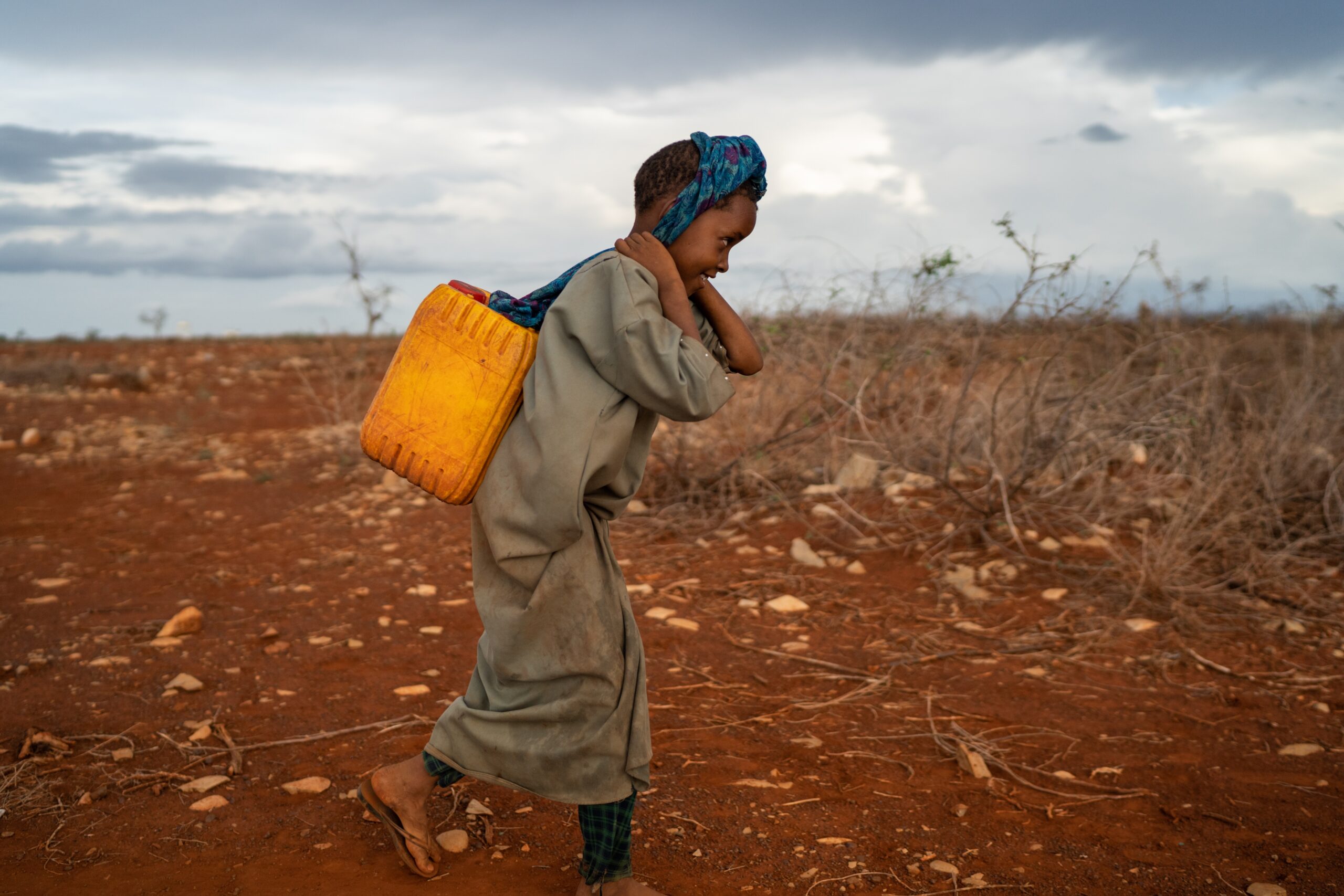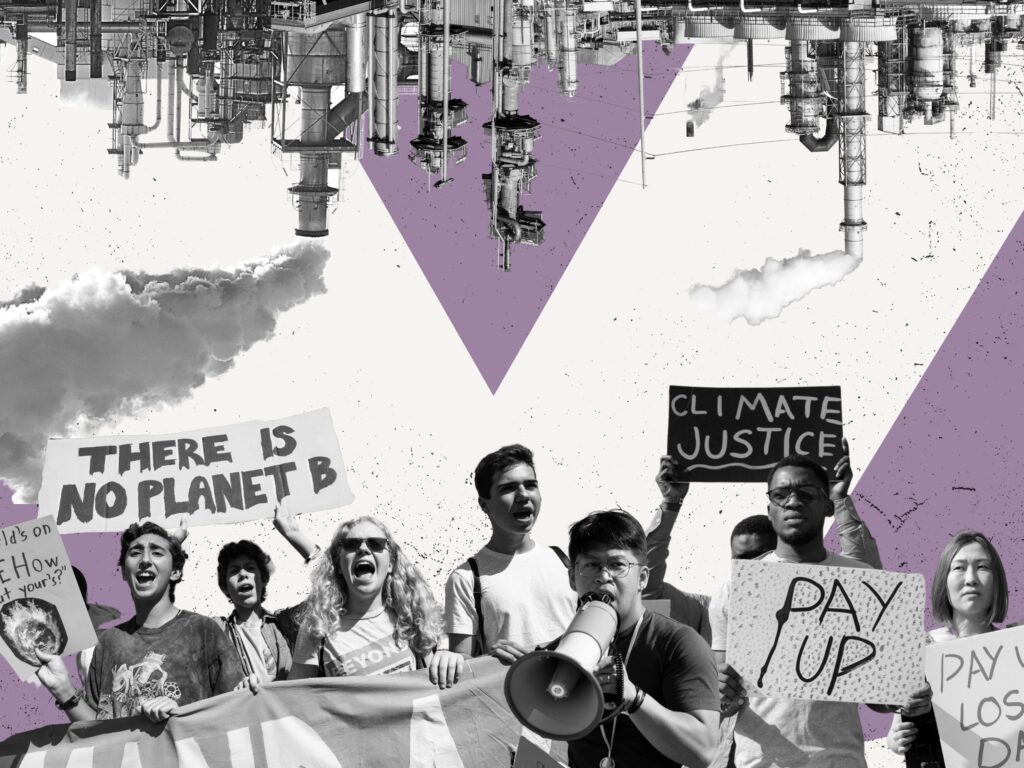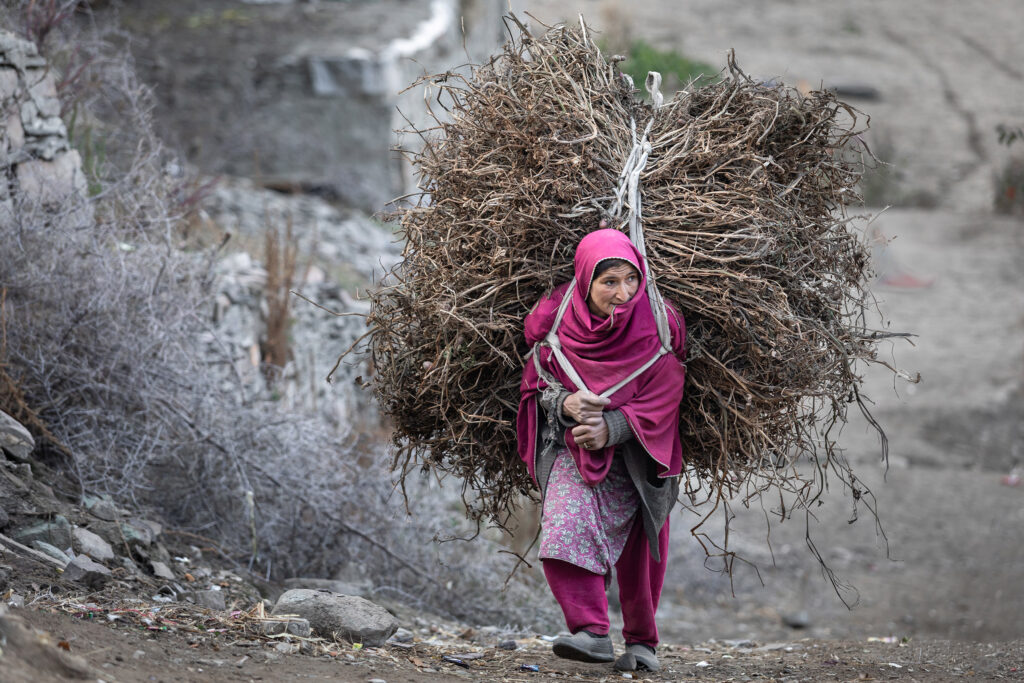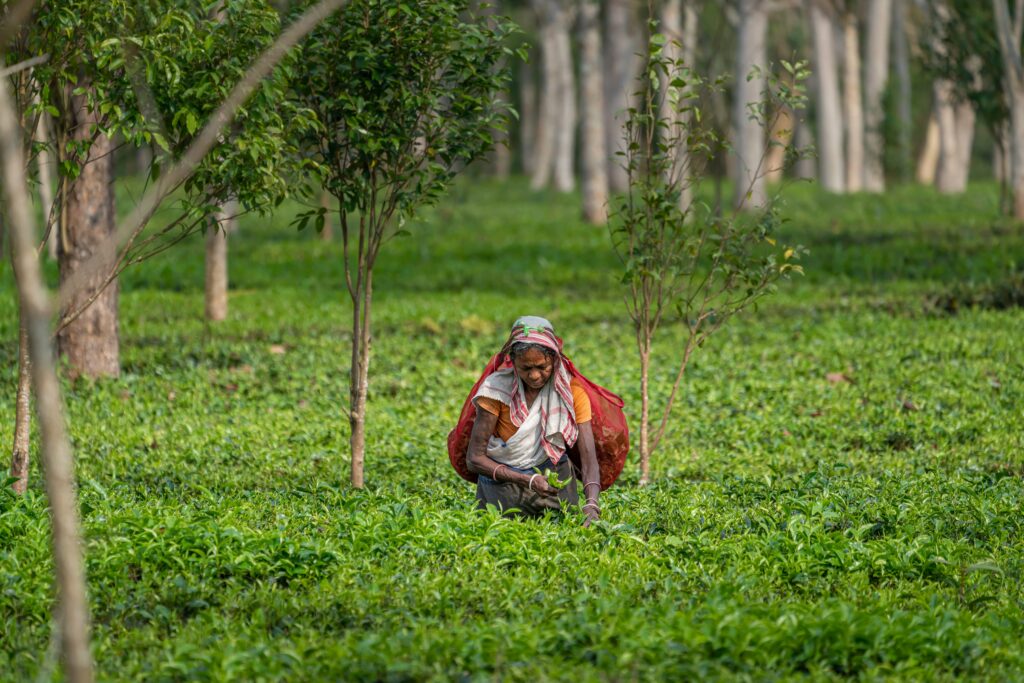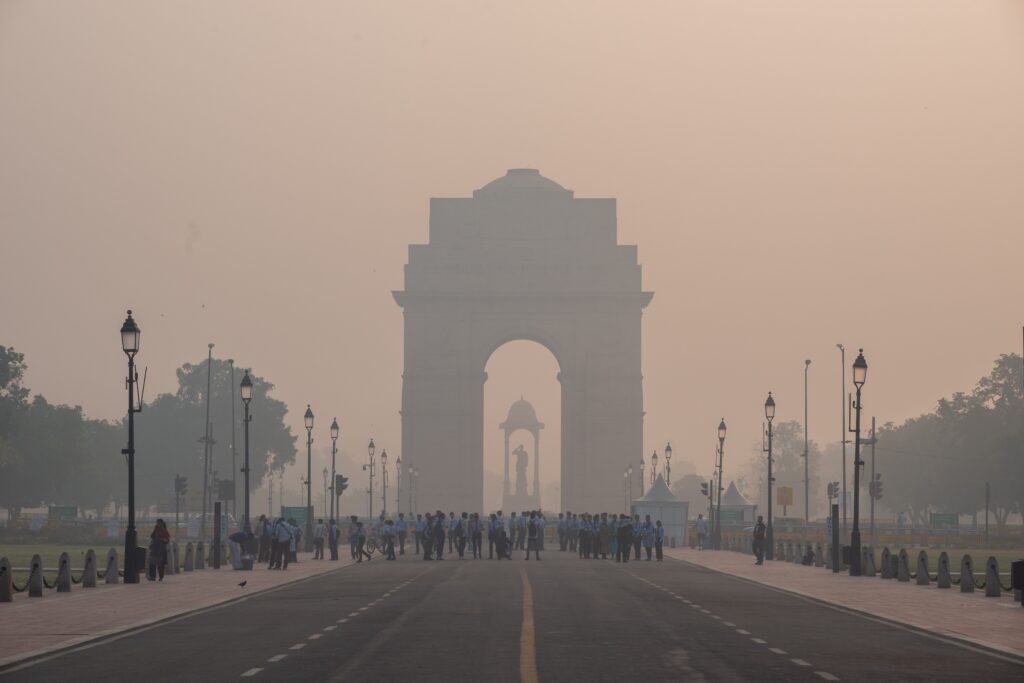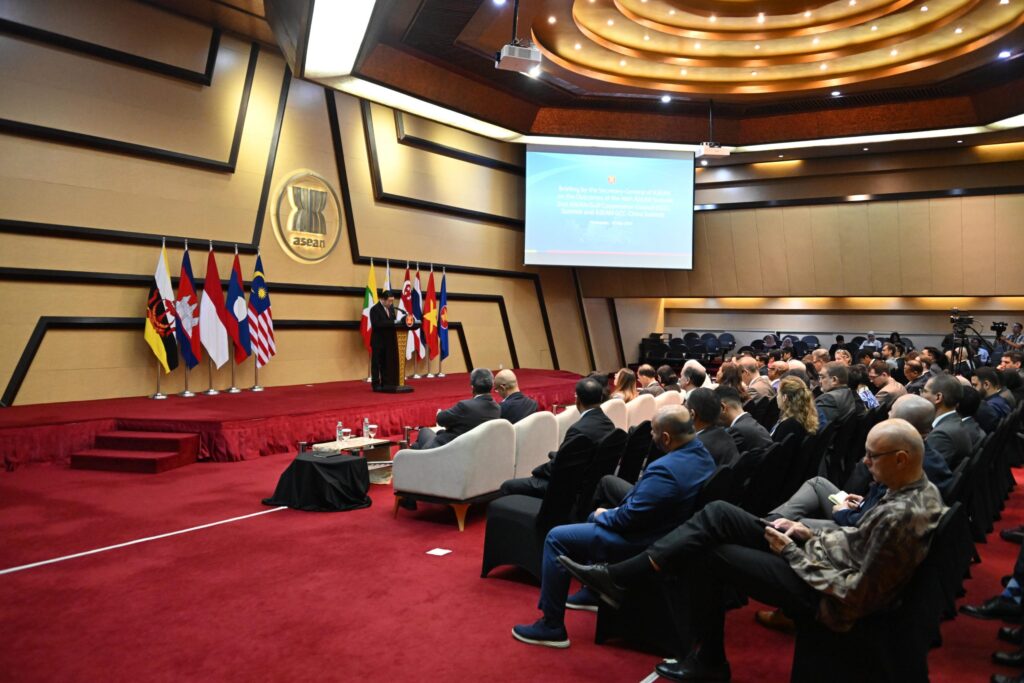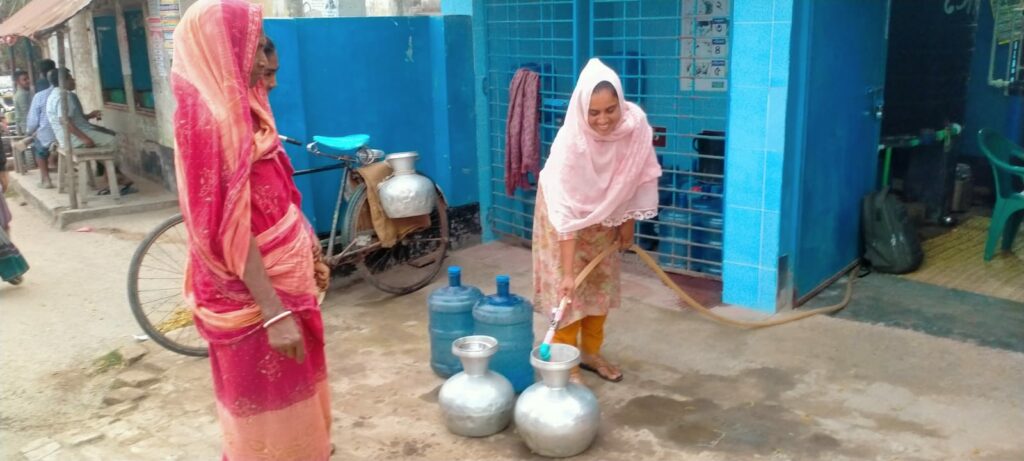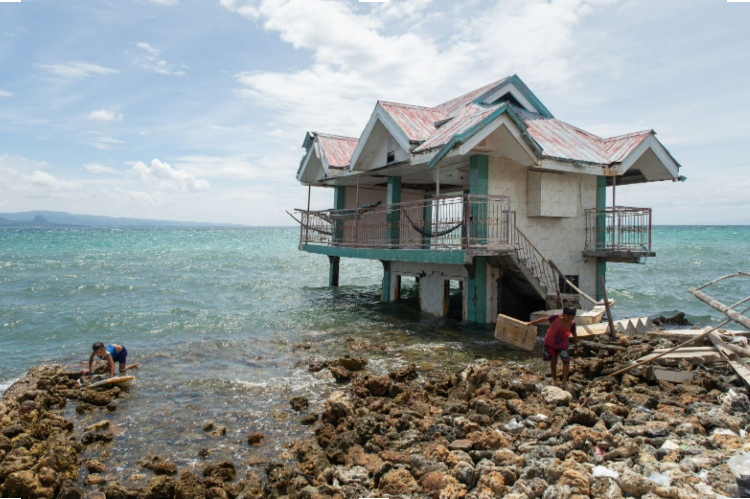Drought in North Africa is not new, but it is increasingly affecting more farmers in Tunisia, Algeria, Egypt and other African countries.
In Tunisia, the rains that normally drench much of the country’s north and central agricultural production areas in February and March never came, leaving scattered rain showers months late. Now, reservoirs have turned into puddles, and many streams and rivers have turned into trickles. And it’s not just Tunisia – a severe climate change-induced drought in North Africa is leaving farmers struggling to make ends meet, unable to supply produce to local markets and bracing for a catastrophically poor harvest from the dry, cracked soil in their fields.
Similarly, in neighbouring Algeria, Africa’s biggest country, the northeastern Sétif region, known for its olive agriculture, has found its olive oil production declining steeply as repeated droughts dry out the land, causing wildfires that are turning crops into ashes.
Bordering the Middle East, Egypt’s once-rich agricultural lands around the Nile River are, likewise, experiencing decreasing rainfall, and dam projects have left farmers with less irrigation water supply in their irrigation ditches. Today, Egypt has less than a third of the water available per person annually than was available per person 50 years ago.
Climate Change and Drought in North Africa
Historical records show that drought in North Africa is not new, with much of the region resembling desert-like Libya, where 95% of the country is bone-dry. It has been a phenomenon for thousands of years. Studies of tree rings in North Africa from the past millennia suggest that severe droughts occur on average every 20 years. But, droughts are becoming more common and severe: one in the 2015-16 growing season hit all of North Africa, leading to serious reductions in cereal production in Morocco, Algeria and Tunisia.
The situation of climate change-driven drought in North Africa today is no better. Safa’ Al Jayoussi, Oxfam’s Middle East and North Africa Regional Climate Justice Advisor, noted, “In the past few seasons we saw severely low precipitation [in the wet] season and rainfall patterns over North Africa have declined over the past four decades. And a gradually declining average rainfall has caused water scarcity, increased temperature, fires and drought.”
Paradoxically, however, severe rains have struck areas of North Africa, well outside the normal rainy season, and in short, unpredictable bursts, which are rarely captured in catchment systems.
“We have witnessed in the past few years an increase in torrential rain even though the overall precipitation is declining, so the area witnesses overall losses even with flash floods over coastal areas, like in Alexandria, [Egypt].”
Climate Change’s Impacts on North African Agriculture
All of this is having a damaging effect on agriculture in North Africa. According to a Greenpeace report, “Mediterranean droughts have a high impact on water availability by decreasing groundwater levels and water in dams and surface reservoirs. Low levels of precipitation, combined with high temperature, can affect multiple areas, such as agriculture and biodiversity, particularly in rain-fed regions of North Africa and the Middle East.”
“Climate change impacts agricultural patterns,” Jayoussi from Oxfam said, “as lower rainfall and higher temperatures are forecasted to shorten growing periods, decrease crop yields and crop productivity. This also impacts livestock production through changes in the length of the grazing season and reduced drinking water.”
Nahed Laroussi, a farmer in the area of El Hencha, a town near Tunisia’s central coast, described the past decade as one of declining rainfall and rising heat due to climate change-induced global warming.
“Almost every year seems to be drier than the previous one,” she said, adding that now, “the normal rainy season [of winter] is empty.”
While she said that this year had sporadic rainfall here and there, the last drops came in April, leaving her fields insufficiently irrigated.
Each year, Laroussi said, “Around 15 trees die in my father’s fields, like the apricot and peach trees, and even sometimes the big, tough trees like almond. They die off in Awussu [the month of August in the ancient Berber calendar]… because there’s no wind anymore to take the heat away.”
The adverse effects of prolonged climate change-induced drought have large-scale social consequences too, especially in North Africa. One of them is climate change-induced migration.
“When there is pressure on resources, there will be more people migrating and losing their jobs,” said Oxfam’s Jayoussi. “This will impact communities on the move and will create a major humanitarian crisis. [Another effect is] food insecurity: climate change will decrease the crop yield in Middle Eastern and North African countries, which will in turn lead to food insecurity and conflicts over water because of climate-induced drought.”
Climate Change Adaptation for Drought in North Africa
However, there are actions that can be taken now to reverse the negative effects of decreasing rainfall and increasing heat in North Africa. A United Nations Food and Agriculture Organization report suggested a range of actions to be taken for each country in North Africa, like the implementation of drip agriculture and building catchments in flash flood areas in Egypt, increasing output from underwater fossil water aquifers in the desert for Libya, practicing intercropping and mulching and underground irrigation for farmers in Tunisia and promoting traditional Indigenous knowledge for drought management in Morocco, among many other measures.
Other initiatives that are being pondered by governments due to water security issues, according to Jayoussi, are water conservation-related, including better water management in the water scarce areas, desalinisation, rainwater harvesting and the treatment of wastewater to be reused for agriculture. An all-hands-on-deck approach to water issues is of vital importance for Africa, which has been identified as one of the most vulnerable continents for climate change’s impacts.
With water issues abound, other measures to fight desertification and wildfires are also gaining traction. Jayoussi says increasing green cover, investing in protected areas and planting native trees in some areas like Algeria and Morocco may prove significant in combating the worst effects of climate change.
Indeed, farmers in areas like El Hencha in Tunisia are already taking small community-based measures to adapt to drier conditions where they can, says Laroussi.
“My father takes his water tank by tractor to the wells in the neighbour’s field to fill it up, and uses the donated water to irrigate his trees. The farmers neighbouring each other are sharing water more now and looking out for each other.”
Yet, as climate change’s impacts intensify, drier areas like North Africa may be in for more abrupt water-related shocks, as farmers like Laroussi only have the capacity to handle so much before their livelihoods are upended.
Sam Kimball
Journalist, Tunisia
Sam is a freelance reporter, writer, communications consultant and social researcher for a variety of clientele including The Intercept, Foreign Policy, TIME, The Guardian, the Associated Press, Unicef, World Food Program and more. He has been based across the Middle East and North Africa for ten years. Sam hails from Warwick, New York, and studied anthropology and creative writing at the City College of New York and Middle East politics at New York University. He speaks English, French, Standard Arabic and multiple Arabic dialects, basic Kurdish, and has recently started studying Spanish.
Sam is a freelance reporter, writer, communications consultant and social researcher for a variety of clientele including The Intercept, Foreign Policy, TIME, The Guardian, the Associated Press, Unicef, World Food Program and more. He has been based across the Middle East and North Africa for ten years. Sam hails from Warwick, New York, and studied anthropology and creative writing at the City College of New York and Middle East politics at New York University. He speaks English, French, Standard Arabic and multiple Arabic dialects, basic Kurdish, and has recently started studying Spanish.

